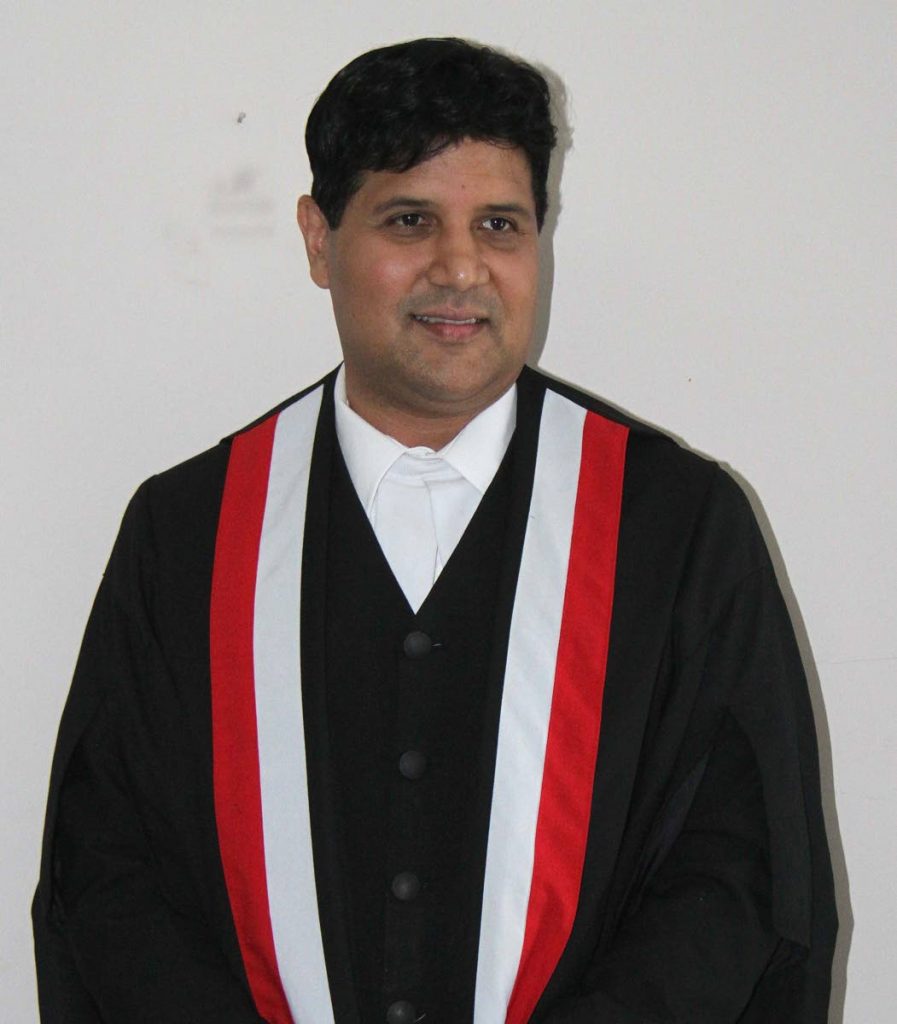Judge: Where are the body cameras for cops?

What has become of the police body camera project launched in July by the Police Service (TTPS)?
High Court judge Frank Seepersad wants to know, saying yesterday in a judgment for malicious prosecution that body cameras are of paramount importance in protecting both the citizens and the police from unfair and unreasonable criticisms.
In the San Fernando High Court yesterday, Seepersad held that 69-year-old handyman Layne Gordon of Clifton Hill, Point Fortin, was unlawfully locked up by police, charged and prosecuted. Gordon is to be paid compensation which is to be assessed by a Master of the High Court. Seepersad said Godron was, more than likely, arrested in January 2011 at 4 am at the house than on the road as claimed by the police.
The police said they were patrolling Clifton Hill in response to reports of break-ins in the area. They claimed they saw Gordon on Ridgeway Drive, Clifton Hill and arrested him when they found on him a pair of shears and latex gloves. Gordon spent three days in the Point Fortin station before being charged. However, the charge against him was dismissed by a magistrate for want of prosecution.
Attorney James Philbert, a former commissioner of police, and attorney Carl Mattis represented Gordon in the lawsuit against the State.
Clifton Cadogan, who owned the house in which Gordon lived, flew to Trinidad from the United States to testify on Gordon’s behalf. Seepersad said he believed Gordon’s version of the events, but lamented why the conduct of the police should have to be subjected to a judge or magistrate to determine truth on a balance of probabilities. The conduct of police officers on raids for example, the judge said, should be a matter of fact and the recent issuing of body cameras is of paramount importance. At the July launch in which the TTPS linked with Trinidad and Tobago Telecommunications Limited, 60 cameras were expected to be distributed across all nine policing divisions, by August 1.
Seepersad said,” When body cameras are available, it is used to protect the citizens and, more particularly, it protects the Police Service whose members are always subjected to unreasonable, unfair and unjustifiable criticisms in how they engage their activities. Dire efforts have to be made because we cannot function effectively if the society, which you take an oath to protect, does not trust you.”


Comments
"Judge: Where are the body cameras for cops?"